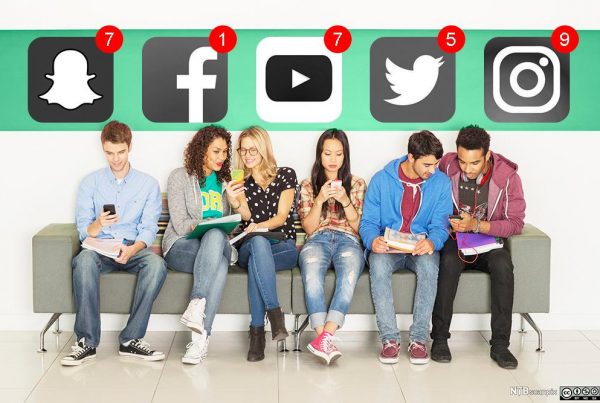Recently a story has come to light of the Olympic Doctor named Larry Nassar who has been accused of molesting and raping young girls in his care. Since his accusation, more than 160 women came forward to accuse Larry of exploiting, hurting, and molesting them. Following a grueling trial and testimony from survivors, the court sentenced Nassar 175 years in prison. A sexual predator is finally off the streets, so this is a victory.
While this victory is long overdue, we still need to look deeper. Long after Nassar is dead, well into his 175 year sentence, these women will endure the life-long effects of his abuse. The unfortunate emotional and psychological scars do not go away.
That said, there is more to the story besides the physical, emotional and psychological effects of the abuse.
Jamie Dantzscher, a gymnast and Olympic medalist, shared in her court appearance, “I was attacked on social media. … People didn’t believe me, even people I thought were my friends. They called me a liar, a whore, and even accused me of making all of this up just to get attention.”
Amanda Thomashow, a student at Michigan, reported the assault, and the university did not support her. The negligence was clear when she said, “I reported it. Michigan State University, the school I loved and trusted, had the audacity to tell me that I did not understand the difference between sexual assault and a medical procedure.”
Sadly, these stories are not isolated incidents. Many more women recounted when they disclosed Nassar’s sexual abuse, their coaches, teachers, and even parents shut them down.
How can we expect our children to come to us for help if we discredit such serious matters?
Those who ignored the desperate pleas for help ultimately helped Nassar to get away with the countless rape, abuse, and exploitation throughout his lengthy career. Part of stopping exploitation of our children is starting to listen to the problem.
According to the Crimes against Children Research Center*, 90 percent of all children who are sexually abused will be abused by someone they know. Ninety percent! Now remember that 1 in 10 children will be sexually abused before they are 18—this is disgusting statistic.
If a child gets sexually abused from someone they trusted, it is imperative to believe the child if or when they reach out to someone else they trust for help. However, the abuse compounds if the confidant of the child diminishes the abuse suffered by the child.
WHAT CAN YOU DO?
We all have a part in helping fix this scourge. That said, here are a few things that you should to keep in mind.
- Do not overreact. This is much easier said than done. This doesn’t mean you don’t show emotion, that would be unnatural. But flying into a fit of rage will not prove anything to the child. They are most likely nervous, scared and need reassurance. Keeping calm will help them more than you can imagine.
- Believe them. This is not passive, tell them you believe them. Reassure them you know they did not make it up and that you are going to help keep them safe. Remember false disclosures are more rare than real disclosures. Leave the interview to the professionals, but if you MUST have more information then do not use leading questions. A leading question is something like, “Are you saying he touched you here?” These questions lead the child to give an answer they think you want.
- Help them feel safe. There are many layers to this. Of course, first and foremost get them out of the situation so the abuse can stop. Reporting it properly. But also by helping them take some control back. Maybe the child will say, “I want to sleep under 5 blankets with the lights on.” If that is what he or she needs to feel safe for a while, do not tell them they are being silly or irrational. Another aspect of making them feel safe is, do not talk to others about it. The child may feel guilt, dirty or ashamed and if they find out you have told others it can lead to worse feelings about themselves.
- Help them to feel free from blame. Statements like, “Why didn’t you tell me sooner?” can make the child feel guilt for not reporting it, as if they should have stopped it sooner. Many abusers will groom a child, even helping them make it ‘their’ idea to play games or touch each other. Due to that a child can feel it is their fault. It is not. The adult is the one who should know better and a child, manipulated by an adult can not be at fault.
- Get the right help right away. Call the police and report it but also seek out the right psychological help to help all in the family deal with the feelings about the abuse. If there are other kids or family members who did not experience the abuse, do not assume they do not need help. Even knowing about the abuse can cause negative feelings of guilt and shame for other family members. Realizing that you and other family members may be rightfully angry you need the proper outlet to express that anger, not in front of the child.
In the end, every victory is needed, but there are lessons to be learned, even in victories. Lessons to help us improve, , support survivors, and eradicate the tragedy of child sexual abuse.
Join us in the fight.
* Finkelhor, D. (2012). Characteristics of crimes against juveniles. Durham, NH: Crimes against Children Research Center
image source: AP Photo/The Canadian Press, Sean Kilpatrick





